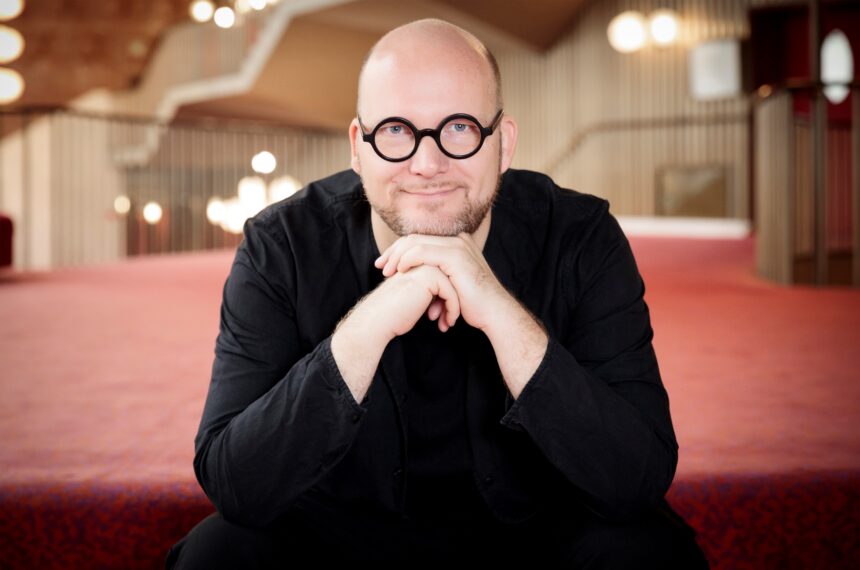Schwarz succeeds to Alberto Triola, who directed twelve editions of the festival under the presidency of Franco Punzi
Only a few days after the end of the 47th edition of the Festival della Valle d’Itria, which in spite of the obstacles posed by the pandemic has successfully taken place and received praise by national and international audiences and critics alike, we trace a new phase of the history of our yearly Apulian event. After twelve years, Alberto Triola leaves the artistic direction of the festival to focus on the role of superintendent of La Toscanini in Parma. The board of directors of the Fondazione Paolo Grassi headed by Franco Punzi thank him warmly for his work, and have nominated with unanimous vote the German Sebastian F. Schwarz as the new artistic director.
«By appointing Sebastian Schwarz – states Franco Punzi – we inaugurate a new chapter for the Festival della Valle d’Itria. Our history wishes for uniformity, right from Paolo Grassi’s initial suggestions and Rodolfo Celletti’s music choices. The chapter characterised by Alberto Triola’s artistic direction has been long, and has brought on great success. We have the deepest gratitude for his work with us over the years. We are sure that Schwarz will be able to accept the challenge and further project Martina Franca’s events into an international context. His nomination, which takes place only a few days after the end of the 2021 edition, is the sure mark of a strong will: to start preparations immediately for the following editions».
The programmes created by Triola between 2010 and 2021 have brought the attention on the one hand to the Belcanto repertoire and the Baroque – bringing to Martina Franca historically informed instrumental ensembles – they have broadened the horizon of the Festival to 20th-century and contemporary opera, as well as encouraged international co-productions. We have experienced great repercussions on the local territory, thanks to the L’opera in masseria series, which turned into the cycle Il canto degliulivi. The last few years have featured opera stars in Martina Franca: from Francesco Meli and Luca Salsi, to Carmela Remigio, Angela Meade, Veronica Simeoni, as well as Marianna Pizzolato, Olga Peretyatko, Jessica Pratt, Sara Mingardo, Anna Caterina Antonacci, and Lisette Oropesa. During Triola’s artistic direction, the Festival della Valle d’Itria has won three “Franco Abbiati” music critics’ Awards: the first in 2021, awarded to Franco Fagioli as the best singer in Handel’s Rodelinda, in its first ever performance in Italy; the last one was in 2019, awarded to Giuseppe Palella for best costume design for Orlandofurioso (a co-production with Teatro la Fenice) and for Giulietta e Romeo. In between was the 2015 edition, awarded to Fattoria Vittadini for Traetta’s Armida and Steffani’s La lotta d’Ercole con Acheloo. Fattoria Vittadini and many other artists in our programmes have represented the connection Triola has created between the Festival, Paolo Grassi’s teachings, Milan’s Piccolo Teatro, and the world of prose: Martina Franca has witnessed the debut of Giorgio Sangati, DavideGasparro, Stefano Massini, and the theatre company Eco di Fondo, to mention but a few.
«I am leaving the Festival della Valle d’Itria after twelve intense, splendid years – Alberto Triola comments – of which seven have been alongside Fabio Luisi. An evaluation of the work will be established in time, but I would like to remember all 51 staged productions, including 7 20th-century operas and 4 world premieres by contemporary authors. The repertoire we have explored spans from the 17th century to present day, with 40 different composers, especially from the Neapolitan school. I am especially proud that some of the rediscovered works during these years in Martina Franca have started to be performed in several Italian and European theatres. We have created the Premio Celletti, and the Accademia del Belcanto, one of the very few to be recognised by the Ministry of Culture as “national excellence schools in the field of the highest music education”. I have shared this journey with hundreds of artists. I cannot even count how many careers have started on the stages of the Palazzo Ducale, often with real first-time debuts (some very daring!) by singers, conductors, and directors who are now well established in the world. I leave the artistic direction in the hands of a dear friend, not to mention an excellent colleague: I am sure the festival will see many years of successes with him. A final thought goes to President Franco Punzi, and all the friends and people who have walked this path with me, including technical staff and all of those who with admirable generosity have worked behind the scenes. And then there’s Martina Franca: its dazzling whites, and everything it embraces, feel like a second home to me. It has left a lasting impression in my life and it will certainly never stop being a part of me».
Born in 1974, for two years Sebastian Schwarz has led the TeatroRegio di Torino, where he continues to be artistic director. His excellent career has seen him featured in many European theatres and festivals, including Wexford, the Theateran der Wien, and Glyndebourne. The artistic projects he has been a part of have been recognised in Europe for their originality, pertinence, and consistency, with a predilection for the Baroque and rare repertoires as well as a number of world premieres. These characteristics have made him the perfect candidate to lead the Festival della Valle d’Itria for the next three years.
«I’ve been frequenting the festival for twenty years – says Sebastian Schwarz – and I’ve always appreciated it as an example of how to stimulate people’s curiosity and enrich the international opera scene, reminding us that it is in the nature of opera, while born in Italy, to find contaminations with the most diverse cultures, finding its expression in a myriad of new styles and forms. It is our collective responsibility tokeep this vast heritage alive and to preserve the fragile ecosystem of live theatre by challenging ourselves to reach an ever more numerous and curious audience. The fields in which the Festival and the Fondazione operate include the creation of the festival seasons, scientific research and developing both, the audience, but also the future generations of artists who study at the renowned Accademia del Belcanto, where I cannot wait to meet this year’s crop of students. I am deeply honoured by this appointment and I humbly face the extraordinary achievements of my dear friend and esteemed predecessor Alberto Triola. And I am joyful at the prospect of continuing and intensifying the collaboration with Fabio Luisi, with President Punzi, and the whole Martina Franca team».
Over the next few weeks the new artistic director will meet the board of directors and administrative staff of the Festival, to outline the programmes of his three-year mandate which culminates in the 50-year anniversary of the Festival in 2024.





